 KUALA LUMPUR (Sept 25): There is a need to incentivise the construction industry to modernise, but it must innovate and increase productivity first to prevent a housing crisis, said Khazanah Research Institute (KRI).
KUALA LUMPUR (Sept 25): There is a need to incentivise the construction industry to modernise, but it must innovate and increase productivity first to prevent a housing crisis, said Khazanah Research Institute (KRI).
Malaysia inherited the structural business system from the UK and this fragmentation in the industry has been the norm for over 40 years. Meanwhile, the UK itself has found that such a fragmentation was a source of inefficiency, and has improvised its system since 1998, said KRI director of research for cities programme Dr Suraya Ismail during a forum entitled “Does Greater Prosperity Come with Less Housing Affordability?” on Wednesday.
She encouraged consolidating the building industry in terms of mass housing to address the concerns and demand for affordable homes, especially for those with monthly incomes of between RM3,000 to RM10,000. She said that government subsidies for this 70% of the country’s population are not sustainable, and will fiscally incur more debts for the government.
In order to do this, she highlighted three inter-linked policy recommendations by KRI based on three objectives it aims to achieve.
The first objective is to develop measures to improve the efficacy of the national delivery system to supply housing at affordable prices by creating a new designated procurement route. This will consolidate resources of the firms involved in delivering affordable houses.
The second objective is to reduce pressures leading to rapid escalation of house prices. She suggested the imposition of a moratorium period of five years for the supply of new stock of houses produced through the new procurement route.
“[Houses produced through the new procurement route] needs to be insulated from speculative activities in order for the initiative to be successful. Therefore, a moratorium is needed for the first batch of houses to create a buffer period for the second batch to be supplied at affordable prices. In the long run, a moratorium is no longer needed if all new batches of houses supplied are affordable,” she explained.
However, she added that this will only be successful if the planning of housing units are done and displayed through the data captured in the proposed National Housing Survey, which is the third objective. The survey will help the government plan for the effective demand and supply of housing.
Michael Yam, immediate past president of Real Estate and Housing Developers’ Association Malaysia (REHDA), urged for higher productivity and better quality by focusing on training in skills, technocrats and professionals to tackle the issue of affordable housing.
“We should also focus on the greater use of Industrialised Building Systems (IBS). Investment in IBS plants are high and so grants by the Construction Industry Development Board (CIDB) are needed too,” said Yam.
Suraya said some challenges faced in implementing IBS in the country include lack of skilled on-site operatives to execute this technology.
Other speakers at the forum also included KRI managing director Datuk Charon Mokhzani, National Housing Department director Murali Jayabalan and National House Buyers Association (HBA) Secretary-General Chang Kim Loong.
This article first appeared in The Edge Property pullout, on Sept 25, 2015. Download The Edge Property for free.
TOP PICKS BY EDGEPROP

Bangunan Setia 1
Damansara Heights, Kuala Lumpur

Bangunan Setia 1
Damansara Heights, Kuala Lumpur
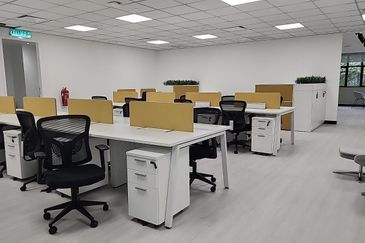
Bangunan Setia 1
Damansara Heights, Kuala Lumpur
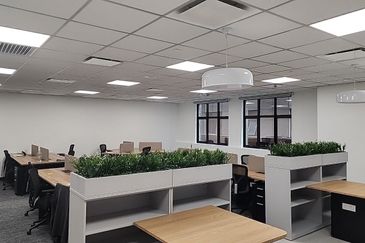
Bangunan Setia 1
Damansara Heights, Kuala Lumpur
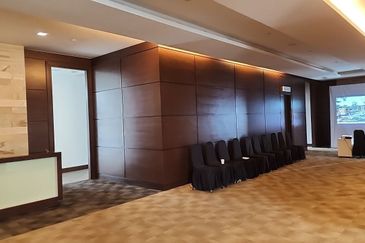
Bangunan Setia 2
Damansara Heights, Kuala Lumpur

Pulau Indah ( Pulau Lumut )
Port Klang, Selangor
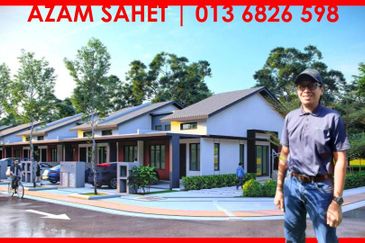
Pulau Indah ( Pulau Lumut )
Port Klang, Selangor











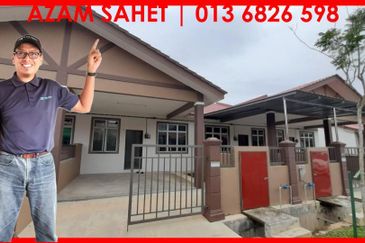
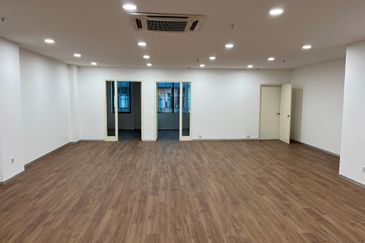
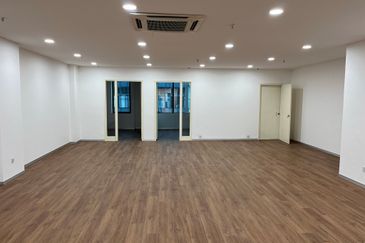
hero.jpg?GPem8xdIFjEDnmfAHjnS.4wbzvW8BrWw)



